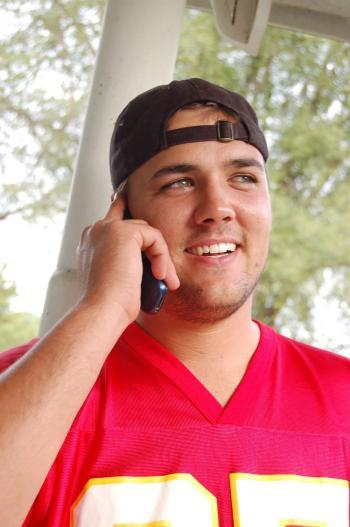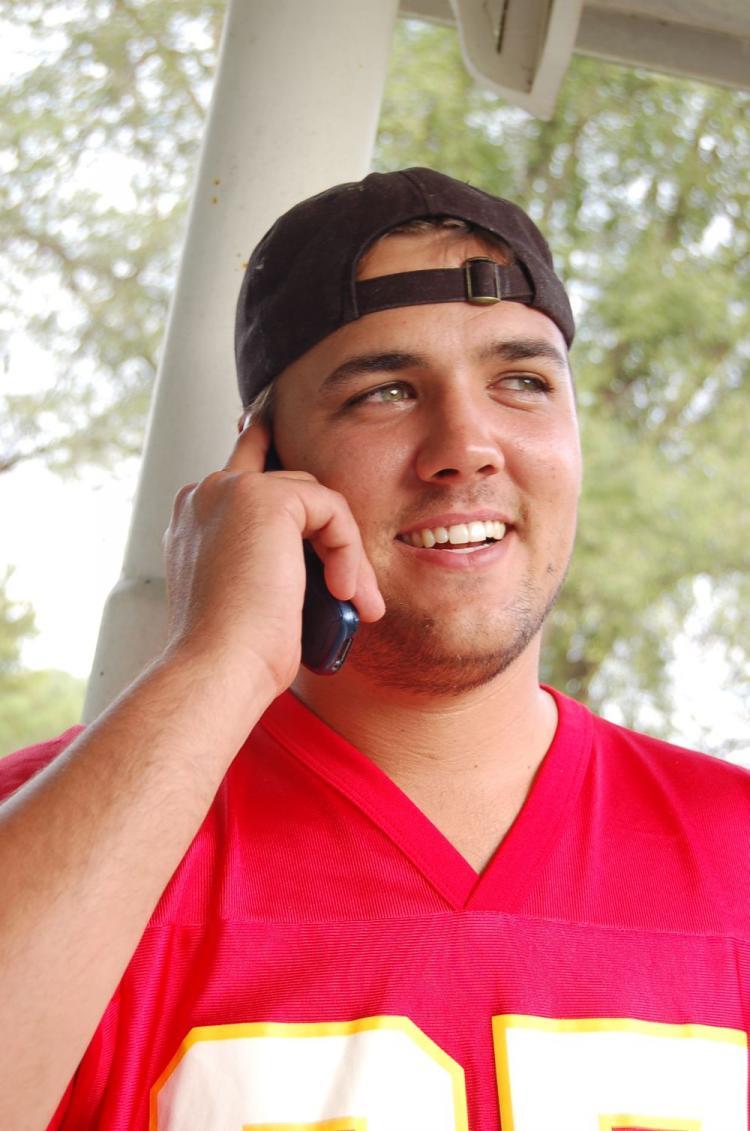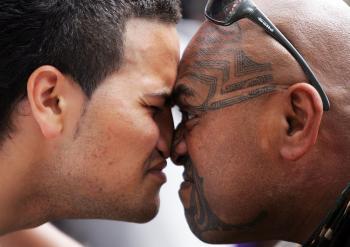WELLINGTON, New Zealand—Texting your best friend while driving is still legal in New Zealand, but the days for cell phone use in motor vehicles are set to end under a government proposal.
Cell phone use by drivers has been implicated in the rapid rise in driving statistics over the last few years.
According to the Ministry of Transport, since 2004 there have been 21 deaths and 436 injuries associated with the use of cell phones or communication devices in motor vehicles.
New Zealand is one of the few countries in the Western world that still allows the use of cell phones while driving. In the United Sates, cell phones have only been banned in five states, with some states having partial bans.
Although the initial penalty mooted was NZ$50 (US$33), it now looks like the Ministry of Transport will settle for a fine of NZ$100 (US$67), and the possible loss of 25 demerit points. Drivers are given 100 “points” in New Zealand, and can lose them by breaking driving laws.
According to the Sunday Star Times, Transport Minister Stephen Joyce said he is not convinced NZ$50 is a sufficiently harsh penalty to stop drivers texting and making or receiving calls while driving.
Penalties in other countries range from NZ$33 (US$22) in Austria to NZ$4,312 (US$2,901) or a two-week prison sentence in the Netherlands.
Waikato University road safety expert, Dr. Samuel Charlton has conducted research on the apparently distractive effects of cell phone use and believes education is the answer. Unless people understand why they should not use their cell phones in cars, they may believe that it is just revenue gathering, he says.
“I do it by saying there are all kinds of places you should turn your cell phone off. You’re going to a movie. You’re going to your kid’s recital. Getting in your car should be one of those places you just turn your cell phone off. It’s at least as important as your enjoyment of a movie … you live through it.”
At this stage it appears the ban will not cover hands-free phones despite research both in New Zealand and overseas suggesting that hands-free communication is also unsafe.
“We’ve done a lot of different kinds of research. Some of the older stuff showed that hands-free and hand-held are no different in terms of their risk,” said Dr Charlton.
His research has disproved claims that hands-free cell phone conversations are the same as normal conversations.
“Cell phone conversations produced significantly slower reactions to traffic and hazards,” according to research on driver behavior carried out by Dr Charlton.
A normal conversation will stop when the driver approaches a potential hazard. The passenger may also yell out a warning.
“When you are talking on the phone, sentences tend to be longer, there are fewer pauses and checking for how it is going.”
“When you are talking in person, you are making eye contact, the other person is agreeing, nodding their head, letting you know when they have got it.”
If the law is passed, police could be enforcing the penalty before the end of the year.





